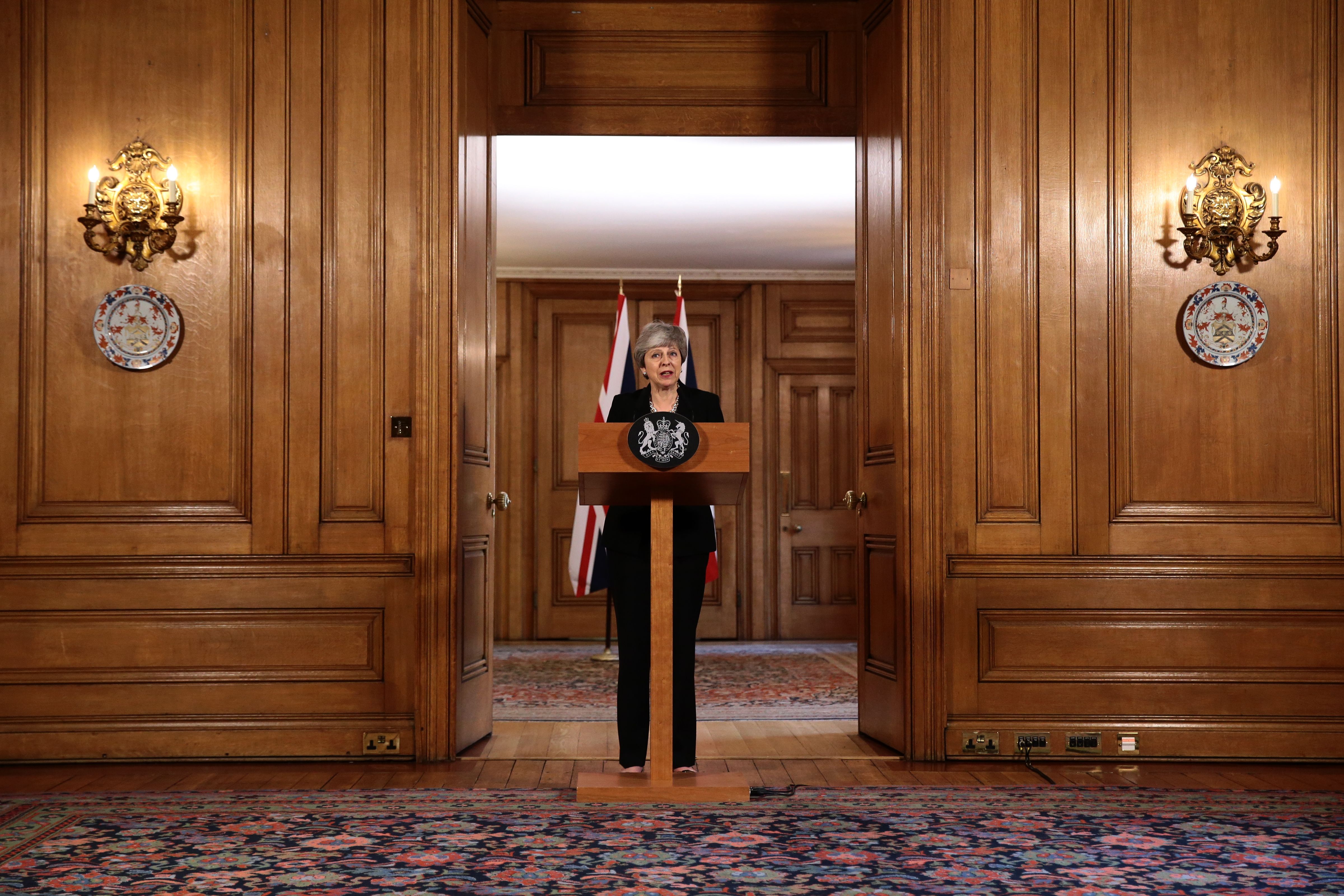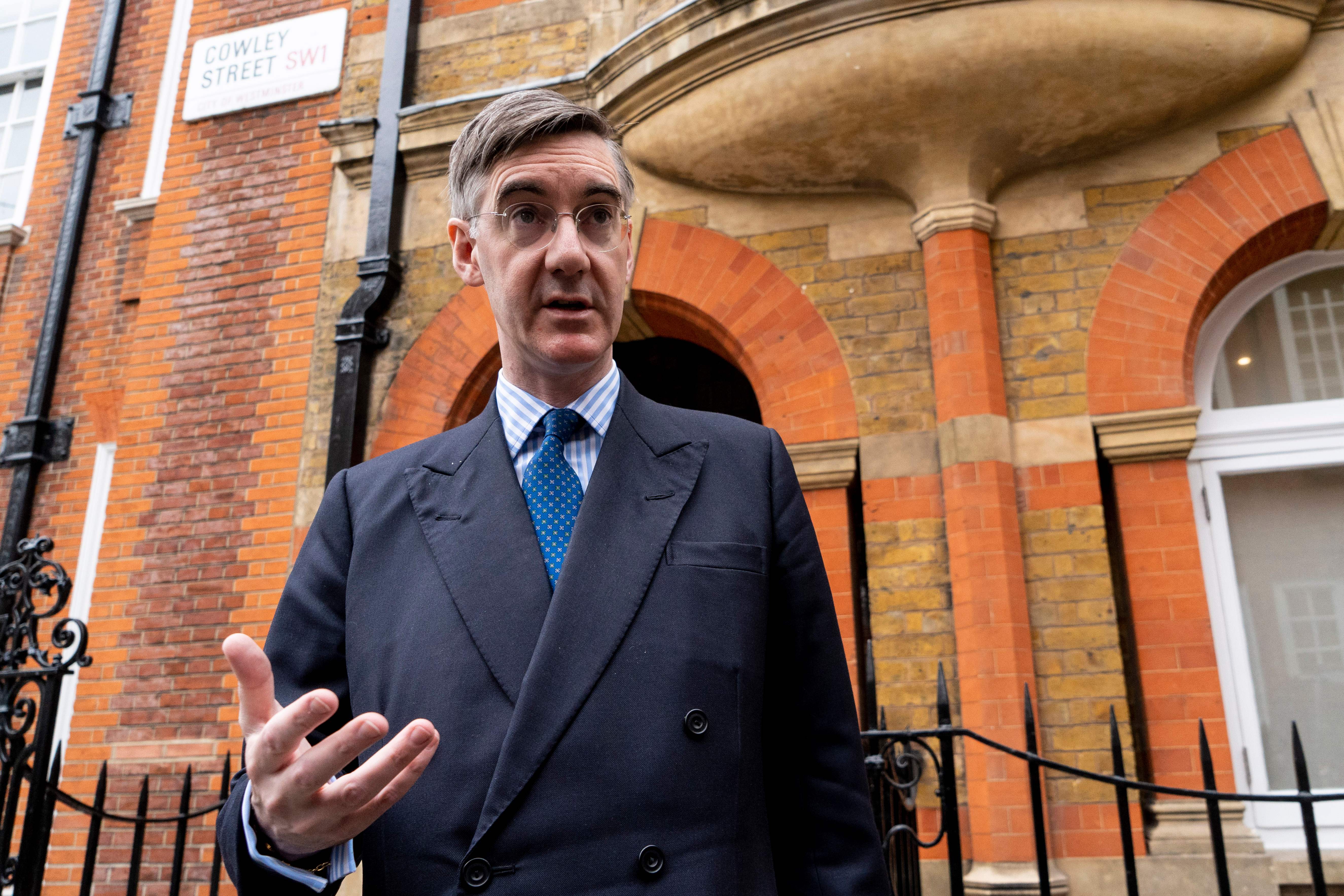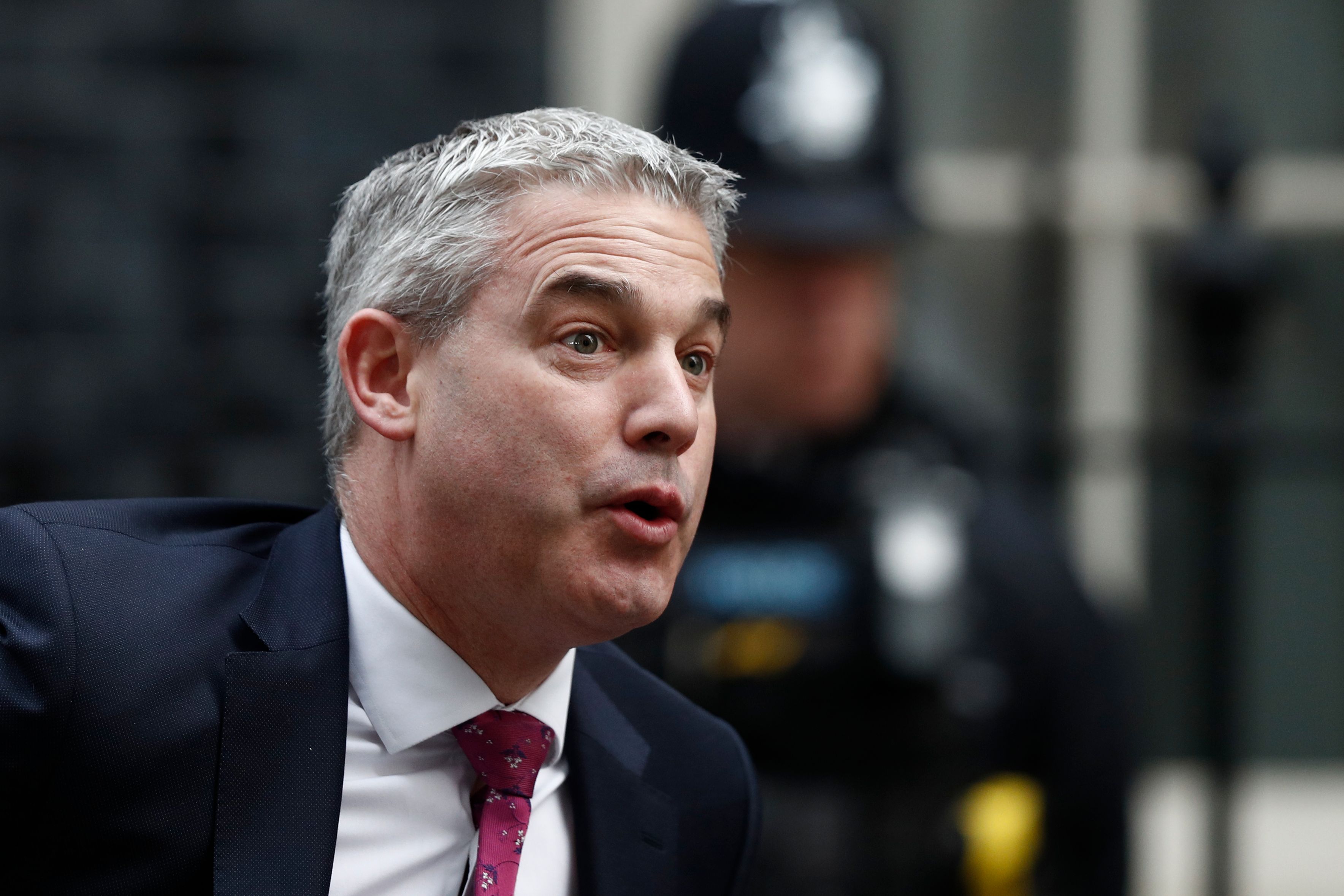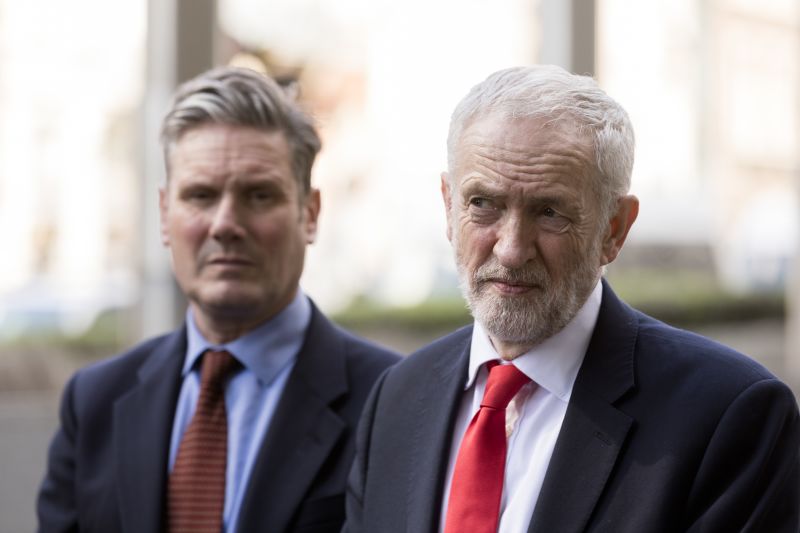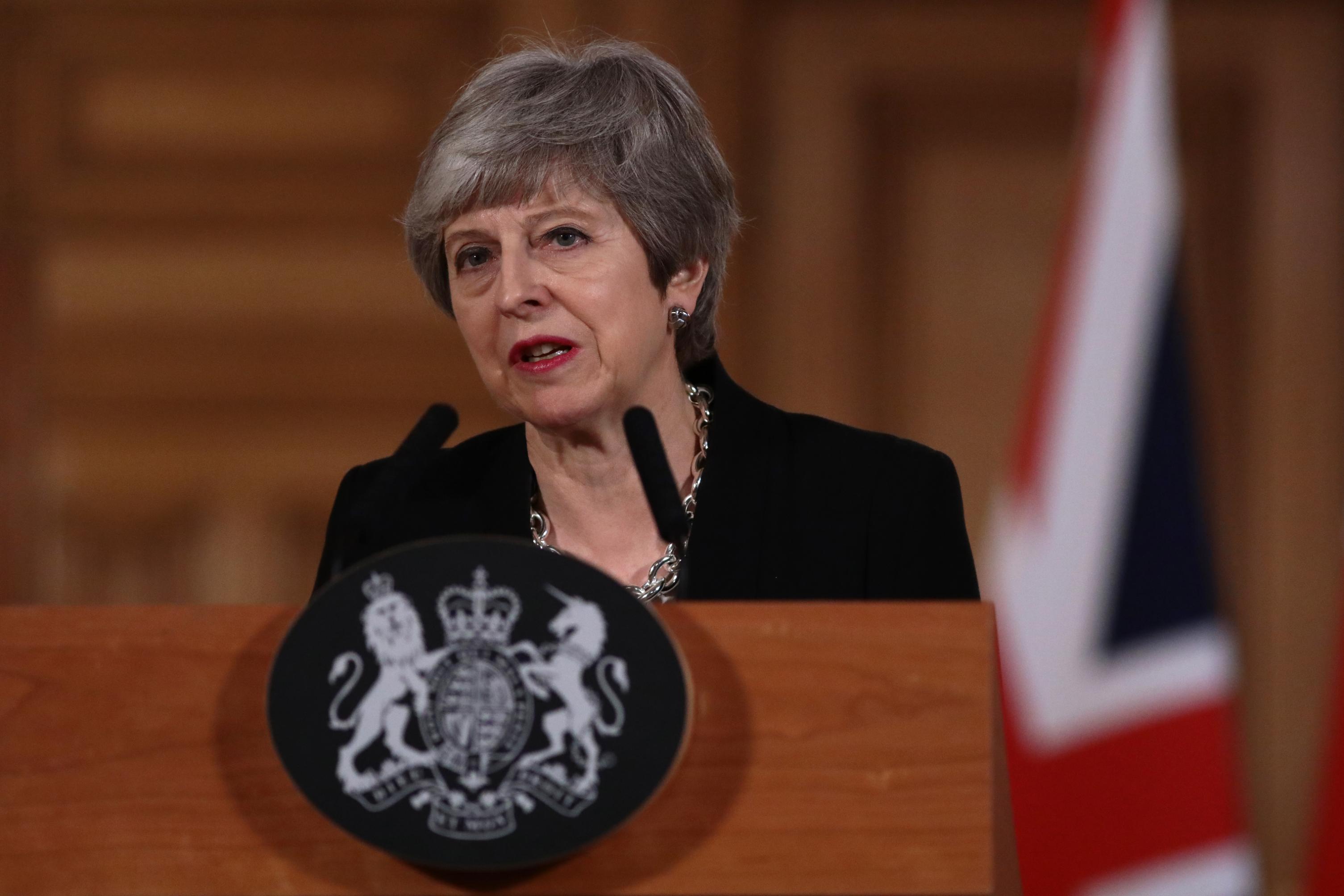A junior government minister has resigned in protest at the Prime Minister's decision to hold talks with opposition leader Jeremy Corbyn.
Nigel Adams, minister for Wales and assistant government whip, told Theresa May that her decision to hold talks with the Labour leader was a "grave error."
"At Cabinet yesterday, there was an opportunity to get onto the front foot for once," he wrote to the Prime Minister. "However, by legitimizing and turning to Jeremy Corbyn to assist you at this crucial stage, rather than being bold, is a grave error."
"It is clear that we will now end up in the Customs Union. That is not the Brexit my constituents were promised, and it is contrary to the pledge we made in our manifesto," the Adams said.
The UK is now at risk of "simultaneously failing" the British public on its Brexit vote, he wrote, potentially leading to the "calamity of a Corbyn government."
"It now seems that you and your Cabinet have decided that a deal -- cooked up with a Marxist who has never once in his political life, put British interests first -- is better than no deal."
